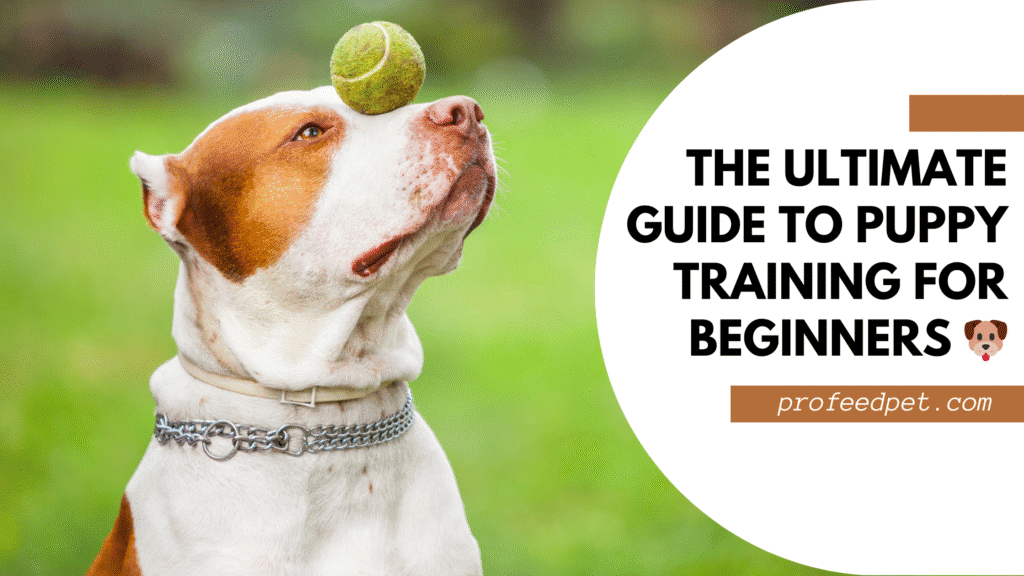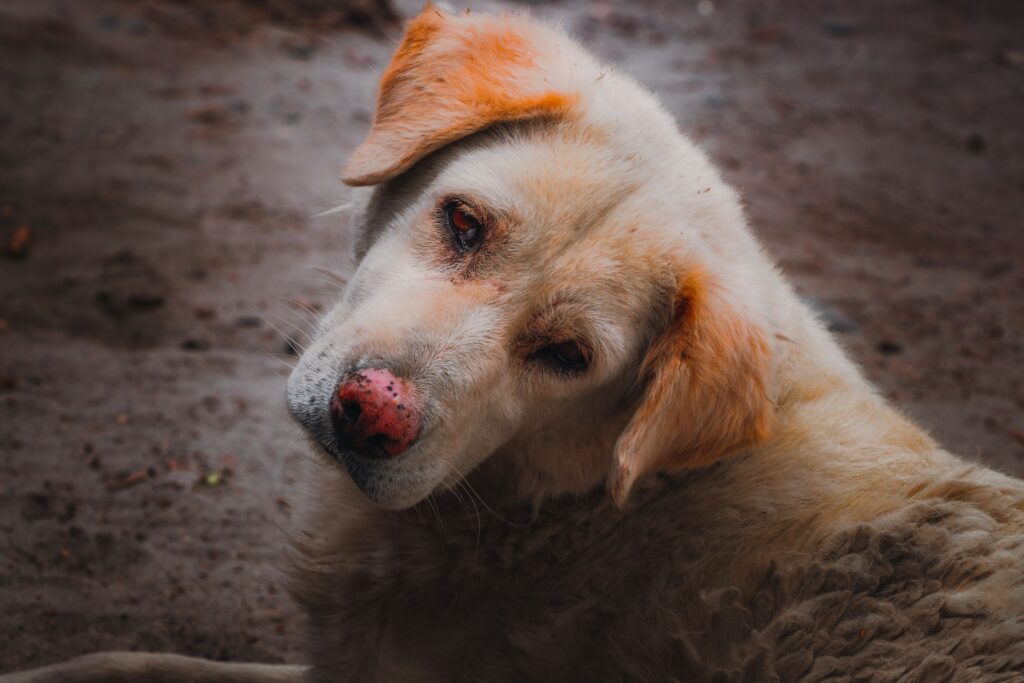
When your dog suddenly stops eating, it can be stressful and confusing. It’s not only about pet health for pet owners. It’s about the relationship you have with your furry companion. You may feel helpless when you see them refuse their favourite food. Before you panic, remember that many of the reasons dogs refuse to eat can be treated. Knowing the causes of your dog’s refusal to eat and how to treat them can help bring back their happy, healthy self.
This comprehensive guide will explore various reasons for your dog not eating. We’ll also discuss how to identify potential health problems and what you can do to get them to eat. This article will help you to support your dog’s health, whether your dog is a picky eat or has suddenly lost their appetite.
Best Dog Commands : A Comprehensive Guide to Training Your Pup
Why is my dog not eating?
If your dog refuses to eat, it could be an indication of something simple like a change in food preference or something more severe such as an underlying medical issue. Understanding the possible causes will guide you in your next steps.
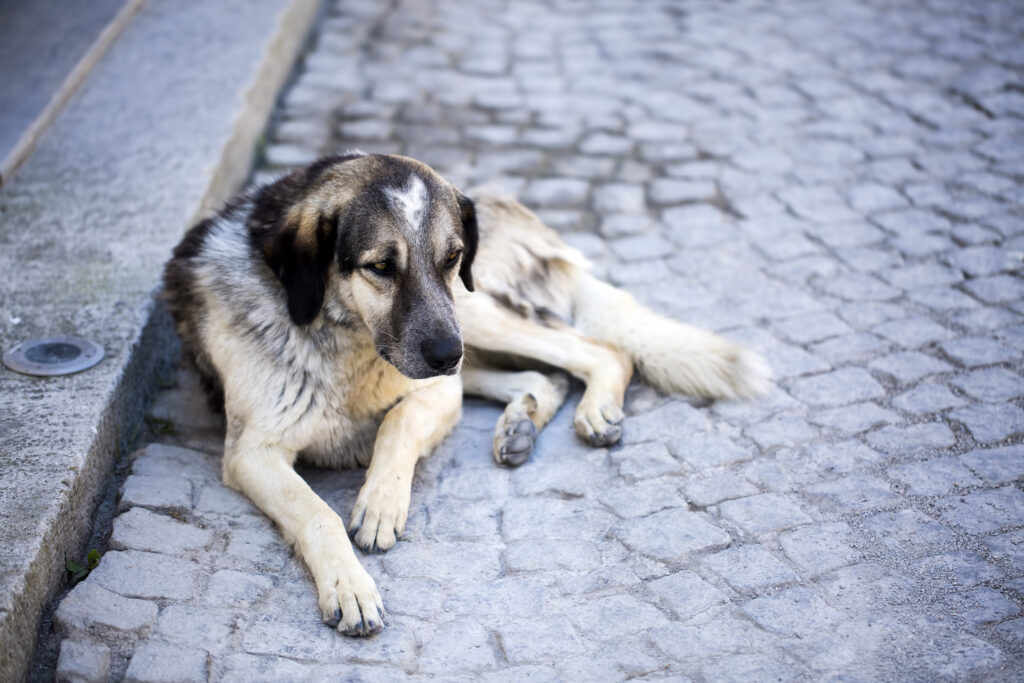
Medical Issues
When your dog suddenly stops eating, you should consider the possibility that there are medical problems. There are many illnesses that can cause dogs to lose their appetite. Here are some common medical conditions which could cause your dog not to eat:
- Digestive Issues: Your dog may have difficulty eating if they experience gastrointestinal discomfort. This can include nausea, vomiting or diarrhea. It is possible that they may avoid food because it makes them uncomfortable.
- Dental Problems: Your dog may be reluctant to eat if they are experiencing pain in their teeth or gums. These could be broken teeth, abscesses, or gum disease.
- Infections Conditions such as kennel-cough, parvovirus or other viral infections may affect the appetite of a dog. These conditions may be accompanied by fever, lethargy or other symptoms.
- Pain : Injuries, arthritis or internal conditions like pancreatitis may cause a decrease in appetite. When your dog is suffering, it may not be able to eat. This could lead to discomfort.
How to Stop Excessive Dog Barking : Causes and Solutions
Psychological causes
Stress and anxiety can cause a dog to lose its appetite. Dogs are sensitive animals and may experience stress or anxiety. Psychological factors that are common include:
- Separation anxiety: Dogs who are left alone or have major changes to their routine can stop eating due to stress.
- Depression : Dogs can also feel depressed, just like humans. Changes in the environment, loss of companionship, or lack of mental stimulation are all factors that can contribute to an appetite loss.
- Stress and Fear: A dog’s fear of certain stimuli, such as loud noises, unfamiliar people, or car rides, can make it feel stressed. It may also refuse to eat.
Environmental Factors
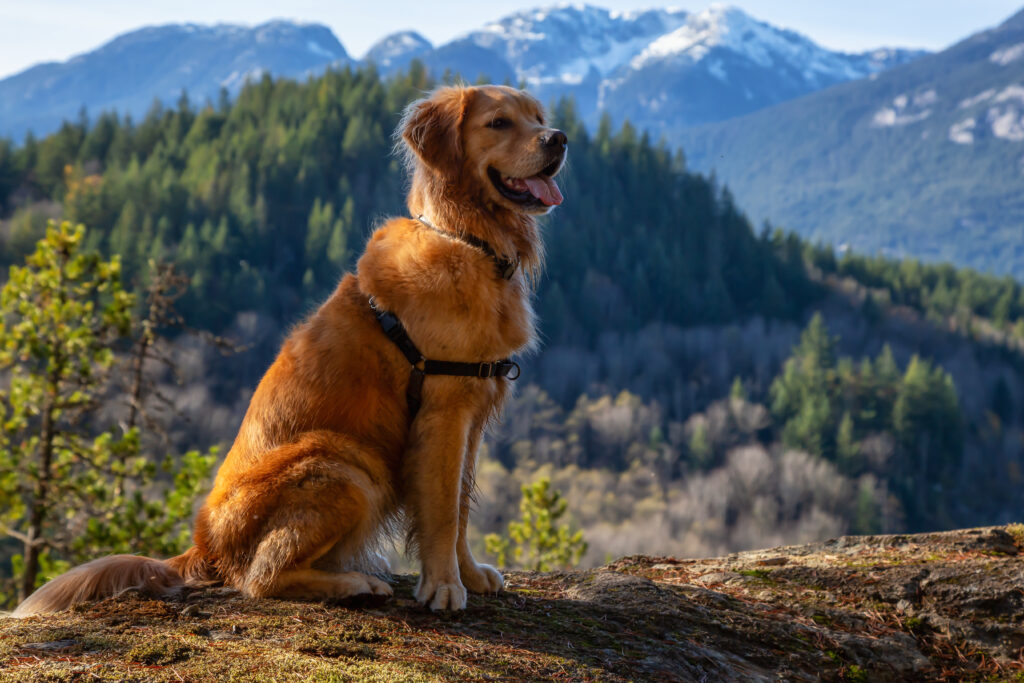
The environment in which your dog lives can have a big impact on their eating habits. The environment around your dog can affect its appetite, particularly if it is affected by changes to their comfort or well-being.
- Changes to the Household: A new pet or family member can make your dog feel uneasy, and this can impact their appetite.
- Temperatures and Weather: Extreme cold or heat can also affect a dog’s appetite. For example, hot weather can temporarily make a dog lose their appetite.
- Food Bowl Placement: If you move the bowl, it can cause stress to the dog, and they may refuse to eat.
Best Pets for Kids : Top Family-Friendly Choices & Care Guide
Change in Diet
Sometimes, dogs stop eating due to changes in their diet. You may find that your dog doesn’t like the taste or texture of a new food brand or diet you introduced recently. It’s possible that dogs are particular about the food they eat, so switching too abruptly may result in refusal.
- Abrupt diet change: Switching food without mixing it gradually can upset the stomach of your dog and cause him to stop eating altogether.
- Spoiled food: Always check expiration dates and make sure the food is not bad. Dogs have an acute sense of smell and will not eat spoiled food.
Picky Eaters and their Food Preferences

It can be frustrating to pet owners when their dogs refuse food or demand more variety. If your dog is a picky eater they may sometimes refuse to eat or want more variety.
- Texture and Flavor Preferences Some dogs have a preference for the flavor or texture of their food. Your dog may prefer wet or dry food if they don’t like the texture of dry kibble.
- Overfeeding : Dogs that are overfed, or who receive table scraps can lose interest in the food they normally eat. They may refuse their food over time because they have become accustomed with more interesting or varied food.
Why the Fox Red Labrador Retriever is the Ultimate Family Companion
Warning Signs
It’s not uncommon for dogs to have a bad day and refuse to eat. However, there are other times that you should be concerned. If your dog refuses to eat or has other symptoms along with it, this could indicate a serious issue.
Symptoms Serious Illness
It could be an indication of a serious illness if your dog is refusing to eat or exhibits other worrying symptoms. Here are some signs to watch out for:
- Vomiting and diarrhea
- Lethargy, weakness
- Blood in stools or vomit
- Rapid weight loss
- Mouth discomfort or excessive drooling
It’s vital to get veterinary care as soon as these symptoms are present.
Malnutrition and Dehydration
Dogs can become malnourished or dehydrated if they stop eating for an extended period of time. If not treated quickly, dehydration can cause organ failure. It’s important to act if your dog does not eat and also isn’t drinking enough water.
Golden Retrievers vs Labradors: The Ultimate Comparison for Dog Lovers
Changes to Behavior
Sometimes, behavioral changes may indicate a serious health issue. Your veterinarian may need to be consulted if your dog refuses food, and is also showing signs of anxiety, aggressiveness, or unusual laziness.
How to encourage your dog to eat
There are a few ways to get your dog to eat if it is not related to any serious health problems. Be patient and understanding as your dog might just need some extra comfort or encouragement to start eating.
Make Food More Appetizing
- Add Broth or Wet Food: Adding a little broth or wet food to dry kibble can make it more appealing.
- Warm up the Food : Gently warming your dog’s meal can make it more appealing. Be careful not to burn yourself.
- Try a Different Flavor: If you dog is used to a particular flavor, change it up. Many dogs like variety. Changing the texture or taste may do the trick.
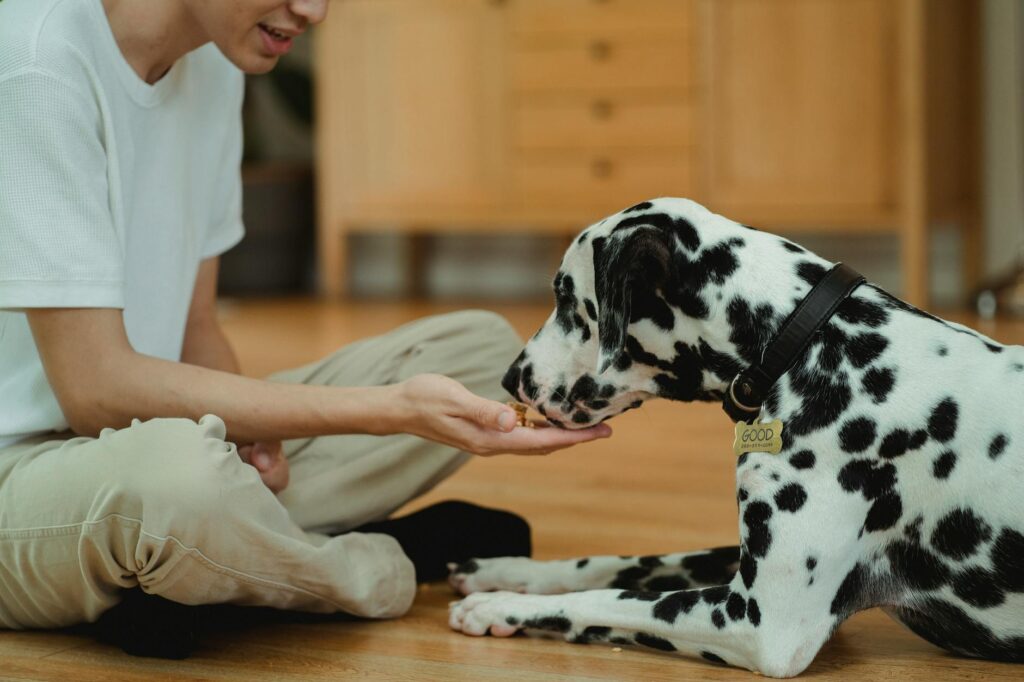
Routine
A regular feeding schedule will help your dog to get back in the habit of eating. As dogs are creatures of habits, setting specific meal times can help them learn when they should expect food.
Handling Food Refusal
Avoid offering your dog table scraps if they refuse to eat for longer than one day. This may encourage them not to eat their normal meals. Offer only the food that your dog normally eats and let them skip meals if needed. It helps them to get back into their normal eating habits without creating any negative associations.
Consult your veterinarian
Consult a veterinarian if your dog refuses to eat for longer than 24 hours, or if there are other symptoms that concern you. Professionals can diagnose any underlying issues and help you treat your dog’s lack of appetite.
Summary: How to Manage Your Dog’s Appetite
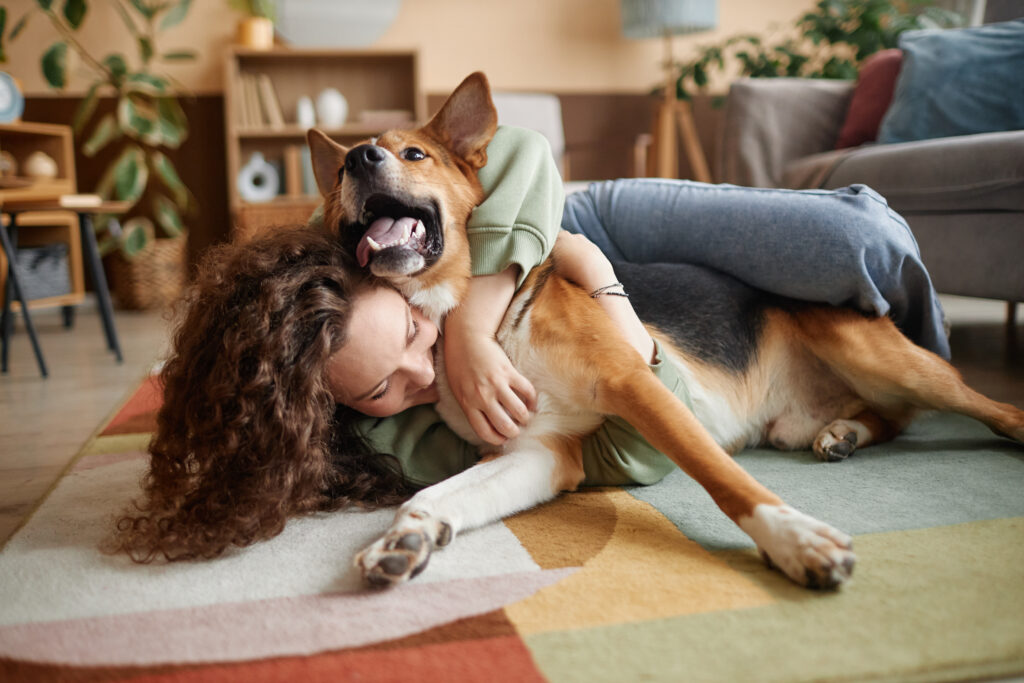
Understanding the reason why your dog has stopped eating is important. Addressing this issue calmly, thoughtfully and with compassion is also crucial. It’s common for dogs to lose interest in food from time to time, but a persistent lack of appetite may indicate a behavioral or health problem. You can help your dog by paying attention to their symptoms and behavior.
A balanced diet will help to maintain your dog’s overall health and happiness. Consult your veterinarian if you are ever uncertain about the eating habits of your dog. Your veterinarian is your best resource to ensure your dog lives a healthy, long life.
Every single information provided here is well-researched from the trusted sources mentioned below:
Domestic dogs and human health: an overview
Dog Ownership and Survival: A Systematic Review and Meta-Analysis
Being a Dog: A Review of the Domestication Process
